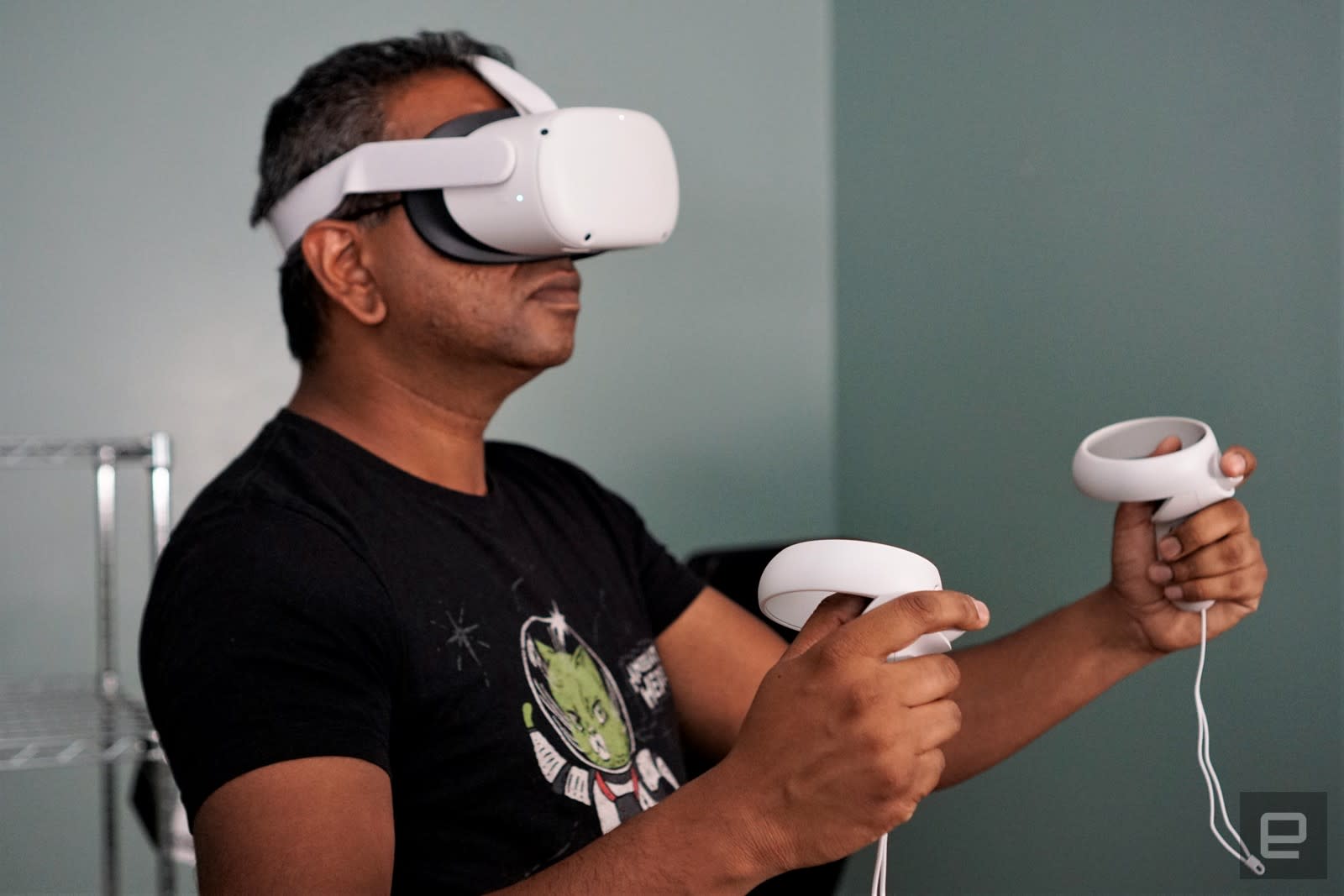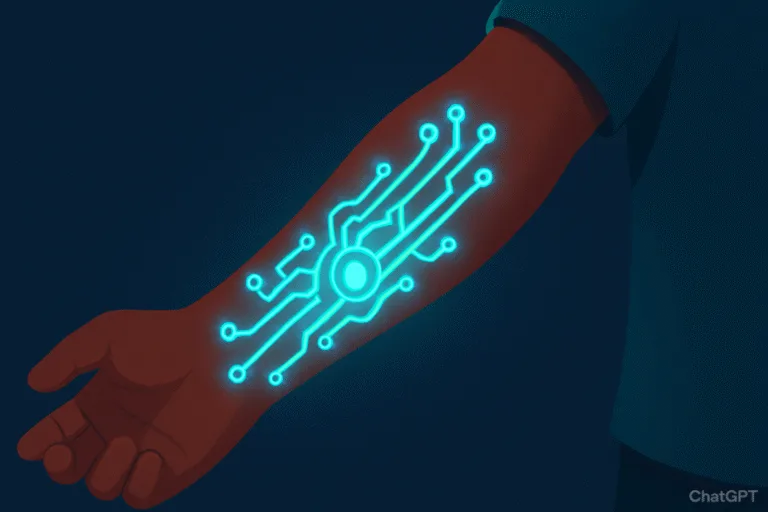A virtual reality (VR) coach is a computer program or application that uses virtual reality technology to provide coaching, training, or guidance in various fields. VR coaches can be designed to simulate real-life scenarios and provide users with a safe and immersive environment to practice skills, make decisions, and receive feedback.
For example, a VR coach could be used in sports training to help athletes improve their technique or in medical training to help doctors and nurses practice procedures. It could also be used in therapy to provide patients with exposure therapy for phobias or to teach coping skills for anxiety.
VR coaches typically use advanced graphics, motion tracking, and other technologies to create a realistic and interactive experience for users. They may also incorporate artificial intelligence and machine learning algorithms to personalize coaching and adapt to individual learning styles and needs.
Becoming a virtual reality (VR) coach typically requires a combination of education, experience, and technical skills. Here are some steps you can take to become a VR coach:
Develop a strong background in the field you want to coach
To become a VR coach, you typically need to have expertise in the area you want to coach, such as sports, medicine, or therapy. This may require earning a degree or certification in the field, gaining practical experience through internships or on-the-job training, or a combination of both.
Learn virtual reality technology
To be a successful VR coach, you need to have a solid understanding of VR technology and the software and hardware used to create virtual environments. You may need to take courses or workshops to learn the necessary skills, such as 3D modeling, game design, and programming.
Gain experience working with VR
Practice using VR technology to create virtual environments and simulations. This may involve working on your own VR projects or volunteering to assist with VR projects for other organizations or individuals.
Network with others in the VR industry
Attend industry events, join VR communities and forums, and network with other VR professionals to learn about new trends and opportunities in the field.
Develop coaching skills
In addition to technical skills, becoming a VR coach requires strong coaching skills, such as the ability to communicate effectively, provide feedback, and motivate learners. Consider taking coaching courses or working with a mentor to develop these skills.
Consider certifications
There are currently no formal certifications for VR coaching, but you may want to consider earning certifications in related areas, such as VR development or coaching, to demonstrate your expertise and enhance your credibility.
Becoming a VR coach requires dedication, hard work, and a willingness to continuously learn and improve. Virtual reality (VR) is an emerging technology that is still in the early stages of development and adoption. Despite the concept of virtual reality having been around for several decades, recent technological advancements have made it more accessible and practical for a wider range of applications.
The potential for VR is immense, and it continues to excite and inspire developers, researchers, and businesses who are exploring new and innovative ways to harness its capabilities. As VR technology continues to evolve and improve, it is likely that we will see it used in even more industries and applications in the coming years.




